Relationships are Complex
Relationships are complex and changing, yet sometimes not changing at all. Each person brings their personality shaped by experiences, resources, health, habits, needs, education, family rules, world view, family, and culture. Each partner also has their own strengths, vulnerabilities, likes, dislikes, love languages, rules, and special interests. Moods, communication styles, skill sets, and parenting styles can be different., and career aspirations, hobbies, goals, and dreams can alter the shape of the relationship. Navigating these topics, communicating, coordinating, and agreeing how each partner will contribute, support, and promote each other can be contentious without help. Working through conflicting experiences can be triggering and painful where partners could unintentionally, or intentionally wound each other, and need care and experience to help heal together.
Igniting Hope and a Fresh Start
Couples have years of history of how they experience each other, and often know what has been successful and life giving. Tapping into these successes can restore the friendship and trust that once was the foundation. Other times, a few skills need to be developed or motivated to employed, the narration of our story needs to be retold, or some restructuring needs to happen to create a healthier homeostasis. Sometimes healing conversations need to happen, and renewed pledges implemented with genuineness and resolve. Integrating many theories to understanding the partners and patterns, and how it effects the relationship is essential to getting the outcomes you want.
Starting Therapy Together or Separate
Ideally couples therapy should be started together, so both individuals can build rapport with the therapist, and both feel represented fairly. Different models of therapy sometimes split some of the sessions at the beginning and then end together. If a relationship is really volatile, it may be more effective to alternate or have separate sessions, and then combine sessions with the progress.Couples therapy can be started together or separately depending on what you and the therapist is comfortable with. I have a no secrets policy, meaning if one person starts individually and then the partner joins in therapy, relevant information may be shared. Which means, if your partner is not ready to come to counseling, you can still begin to work on your relationship. When the partner feels ready to come, they will need to decide if using the same counselor works for both of them.
